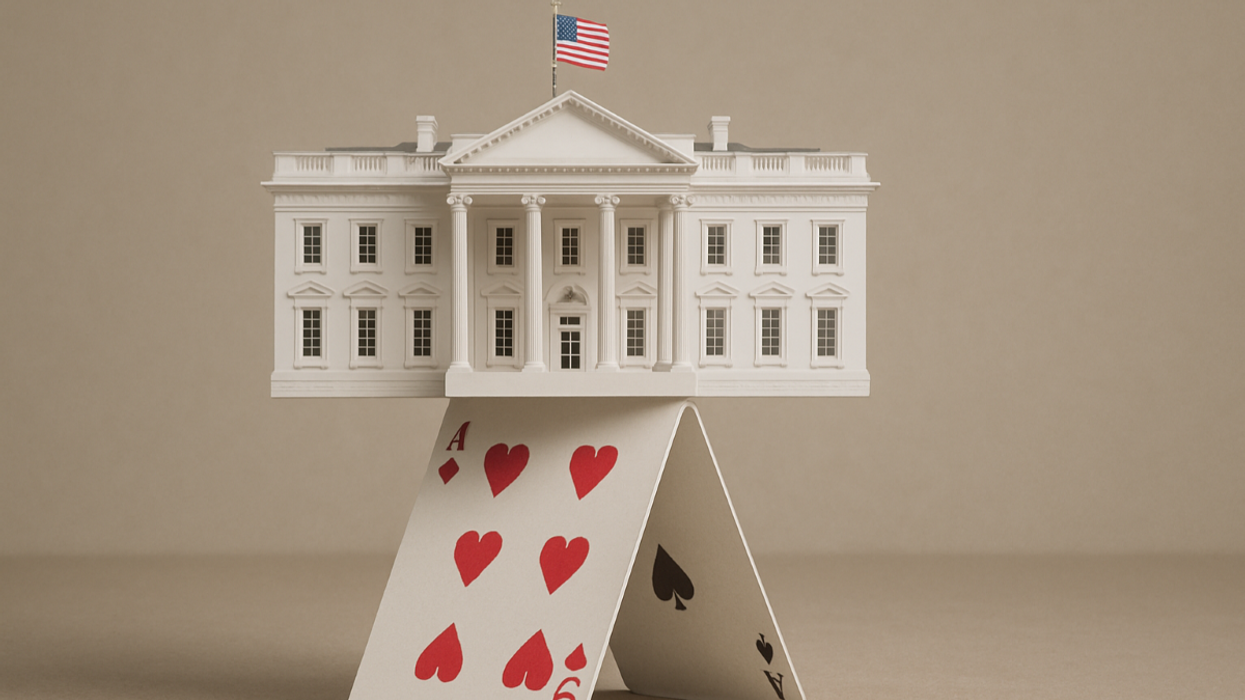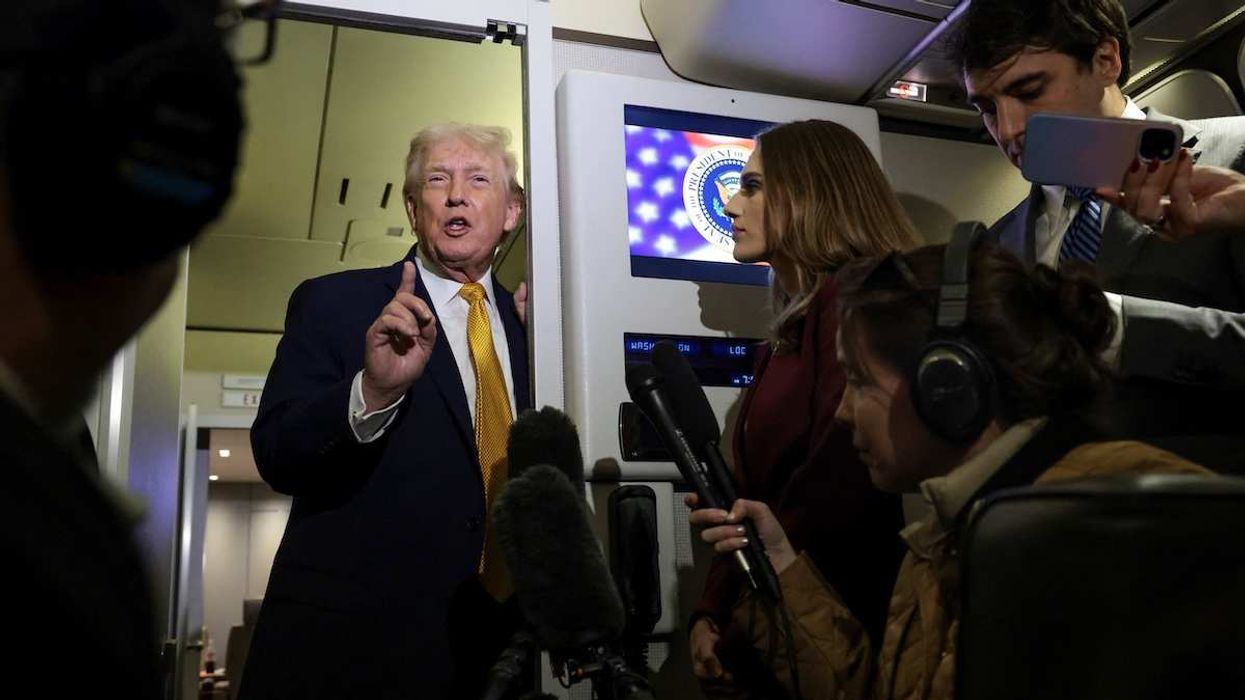Last week I wrote about why hosting the 2022 Winter Olympics in the shadow of Covid, diplomatic boycotts, and a fraught geopolitical environment was a risky bet for China. But now that the Beijing Games are firmly underway, I have to say they are going pretty well for the host.
On the pandemic front, China has thus far been effective at containing infections within the Olympic “bubble.” Sporting events have been only minimally disrupted. Authorities also seem to be succeeding at keeping said bubble tightly sealed and quarantined from the general population, key to ensuring the sustainability of the country’s zero-Covid policy should an outbreak pop up.To be sure, most people (including the Chinese!) are still feeling blasé about these Olympics. Last Friday’s opening ceremony drew 43% fewer TV viewers than the 2018 Pyeongchang Winter Games. But the same could be said about the 2021 Tokyo Summer Olympics, also underwhelming but hardly scandalous. Public interest in the Olympics has been on a steady decline for many years. Beyond this trend and the lack of crowds to cheer on the athletes, though, we haven’t seen any significant Covid- or politics-related disruptions to the Games. That’s a win in China’s book.
This is not to say that these Olympics will prove as valuable for Beijing as the 2008 Summer Games did—they won’t. Back then, China was a debutante on the global stage, and the international community—including President George W. Bush, who was in attendance—was impressed by Beijing’s display of newfound wealth and technological development. Today’s world is much less sympathetic to China on account of its human rights record, its growing authoritarianism at home, and its assertiveness in the international arena. In fact, a handful of countries, including Australia, Canada, the United Kingdom, and India, joined a US-led diplomatic boycott of the Olympics in protest of China’s crimes against its Uyghur minorities.
Want to understand the world a little better? Subscribe to GZERO Daily by Ian Bremmer for free and get new posts delivered to your inbox every week.
But the vast majority of countries, including most of Washington’s European and Asian allies, declined to follow suit. As a result, the boycott isn’t all that symbolically useful. It has neither changed Beijing’s repressive policies, affected the course of the Games, nor driven much of the conversation since the events started. NBC is still broadcasting the events and hewing to a mostly apolitical editorial line. Corporate sponsors have remained largely silent and are still flying their banners over the event venues. And even the few athletes who have condemned China’s abuses are still competing.
On balance, America’s failure to convince key allies like Germany, France, Japan, and South Korea to join the campaign probably bolstered President Xi Jinping’s ability to make the case to his domestic audience that China is under siege from a hostile West that is nevertheless too divided (and therefore too weak) to force Beijing to kneel. The fact that the opening ceremony cynically featured an ethnic Uyghur as torchbearer signals just how confident Xi is in China’s Teflon—and how limited the impact of the US boycott was.
The Olympics also served as a stage for Xi Jinping to consolidate his relationship with Russian President Vladimir Putin. The joint statements from the summit held on the sidelines of the opening ceremony make it clear that Xi and Putin view their interests vis-à-vis the United States as increasingly aligned. Both leaders see American behavior in their neighborhoods (the Indo-Pacific and Eastern Europe) as a national security threat, and both are eager to work together to shake up the status quo at the expense of global stability. While tactical alignment between China and Russia is not unprecedented, their budding strategic partnership—an alliance in all but name—is challenging news for the US and the world.
To be clear, there’s a lot that could still go wrong for China in the next two weeks. Covid containment policies work until they don’t, and we can’t discount the possibility that one or more athletes will speak up against Beijing on live TV.
But so far, it’s looking like smooth sailing for China.
🔔 And if you haven't already, don't forget to subscribe to my free newsletter, GZERO Daily by Ian Bremmer, to get new posts delivered to your inbox.



















